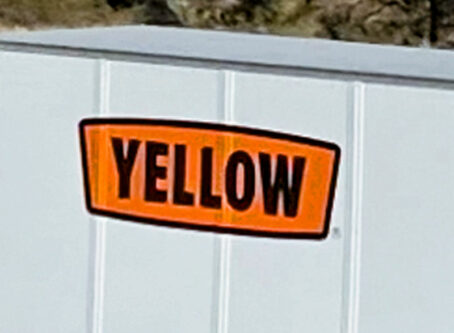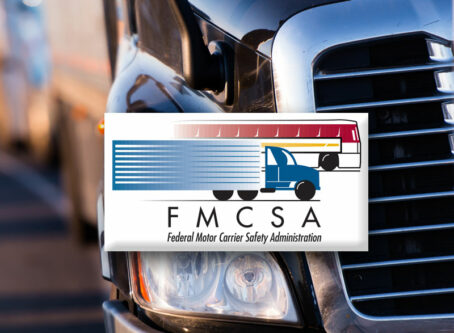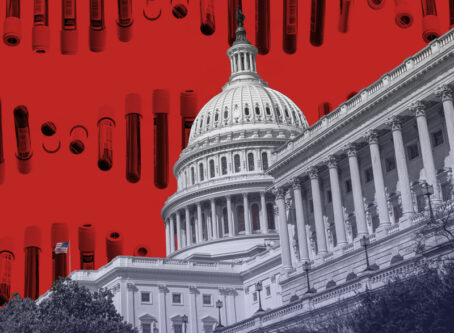FMCSA emergency declaration set to surpass two-year mark
The Federal Motor Carrier Safety Administration has once again extended its national emergency declaration, which provides regulatory relief for truck drivers providing direct assistance in relief efforts related to the COVID-19 pandemic.
The extension, issued on Feb. 26, goes into effect on March 1 and will run through May. FMCSA first issued an emergency declaration on March 13, 2020. The announcement of another extension means the unprecedented federal declaration is set to pass the two-year mark.
FMCSA said direct assistance means “transportation and other relief services provided by a motor carrier or its driver(s) incident to the immediate restoration of essential services (such as medical care) or essential supplies related to COVID-19 during the emergency.”
Regulatory relief is limited to the following loads:
- Livestock and livestock feed.
- Medical supplies and equipment related to the testing, diagnosis and treatment of COVID-19.
- Vaccines, constituent products, and medical supplies and equipment, including ancillary supplies/kits for the administration of vaccines, related to the prevention of COVID-19.
- Supplies and equipment necessary for community safety, sanitation, and prevention of community transmission of COVID-19, such as masks, gloves, hand sanitizer, soap and disinfectants.
- Food, paper products and other groceries for emergency restocking of distribution centers or stores.
- Gasoline, diesel, jet fuel, and ethyl alcohol.
- Supplies to assist individuals impacted by the consequences of the COVID-19 pandemic, including building materials for individuals displaced as a result of the emergency.
Earlier this month, FMCSA updated its guidance to clarify that the transportation of new automobiles and parts qualify under No. 7.
Q. Does item No. 7 in the current extension of the COVID-19 emergency declaration apply to the transportation of new automobiles and components, parts, and supplies necessary for the production of new automobiles?
A. Yes. The extension of the COVID-19 emergency declaration applies when the transportation of such components, parts and supplies is being impacted by the consequences of the COVID-19 pandemic. The justification for use of the relief provided by the extension of Emergency Declaration No. 2020-002 is the responsibility of motor carriers and drivers operating under the declaration.
An updated sample of frequently asked questions about the emergency declaration can be found here.
CDL and medical examiner’s certificates
On Feb. 26, FMCSA also issued a notice of enforcement policy regarding expiring commercial driver’s licenses and medical examiner’s certificates.
“Given the national public health emergency and the supply chain disruptions exacerbated by the COVID-19 emergency, there is a continued public need for immediate transportation of essential supplies, equipment, and persons, which requires an adequate and sustained supply of commercial motor vehicle drivers including commercial learner’s permit holders, CDL holders, and non-CDL commercial drivers,” FMCSA wrote.
“For this reason, FMCSA issues an extension of this Notice of Enforcement Policy through April 15 to provide CLP holders, CDL holders, and non-CDL drivers 45 days to renew their driver’s license or provide a medical certificate to their state driver licensing agencies.”
FMCSA said it does not anticipate extending this notice beyond April 15.
Specifics on the enforcement discretion can be found here.
Three-month waiver
The agency also is granting a three-month waiver from certain regulations regarding commercial learner’s permit holders. The waiver, which runs through May, will allow commercial learner’s permit holders to operate a commercial motor vehicle without having a CDL holder in the front seat.
As part of the restrictions on the waiver, a CDL holder must still be somewhere in the cab. In addition, the learner’s permit holder must be in possession of evidence from the testing jurisdiction, including an authorized third-party tester, that the permit holder has passed the CDL driving skills test and that he or she has a valid non-CDL driver’s license, commercial learner’s permit and medical certificate.
Other three-month waivers involving CDL tests can be found here. LL









